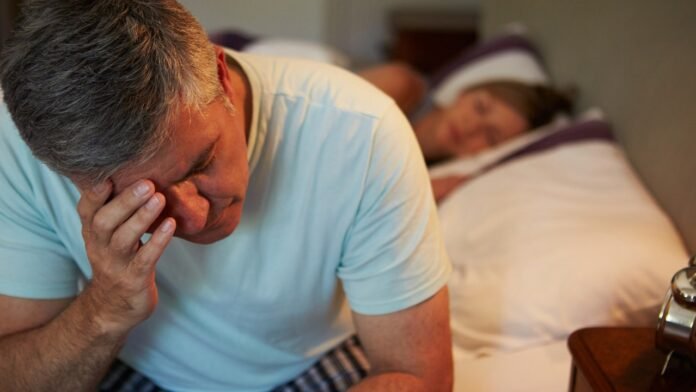Sleep is of great importance to overall health, but many people struggle to get quality slumber.
In an annual survey by U.S. News, which was released in March, thousands of Americans weighed in on their sleep habits.
While the National Institutes of Health recommends seven to nine hours of sleep every night, 58% of people reported sleeping six to seven hours a night.
HEAT EXPOSURE LINKED TO BETTER SLEEP, EXPERTS SAY – HERE’S WHY
Meanwhile, one in five Americans (20%) reported only getting four to five hours.
The survey also found that 25% of respondents use over-the-counter or prescription sleep aids.
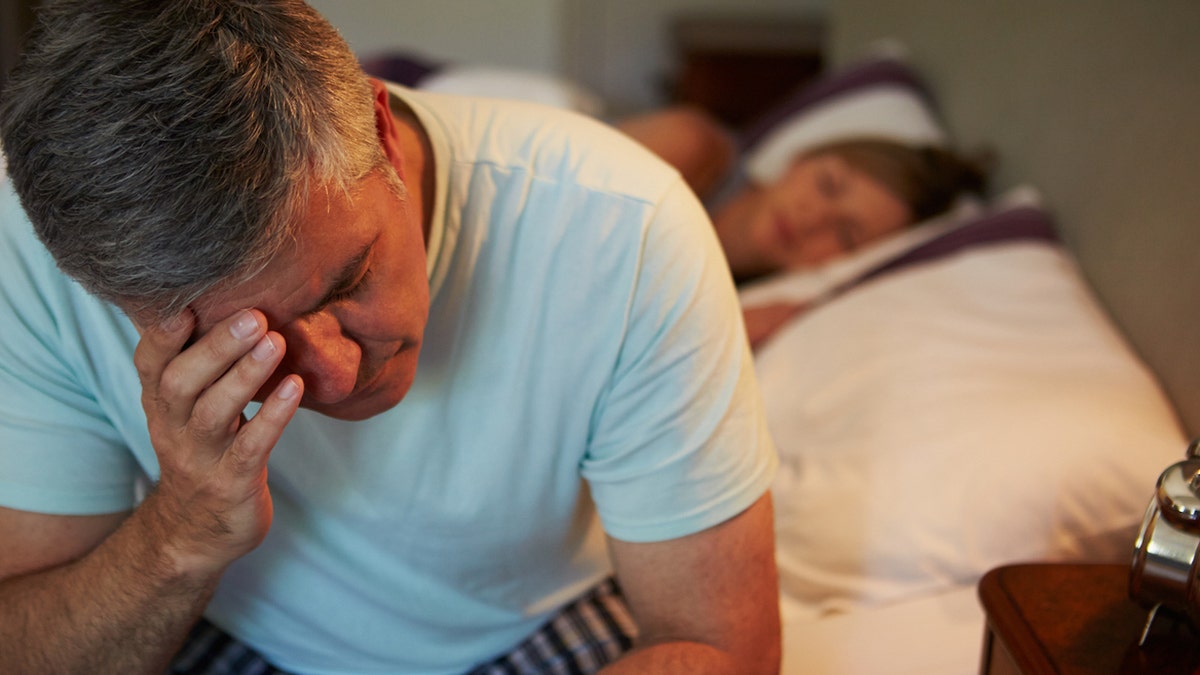
One in five Americans (20%) reported only getting four to five hours of sleep per night. (iStock)
The largest finding revealed that 89% of U.S. adults wake up regularly during the night.
More than one in three (40%) Americans said they wake up often, even if it doesn’t happen daily.
Reasons for sleep struggles
Sleep expert Wendy Troxel, PhD — a RAND Corporation senior behavioral specialist and licensed clinical psychologist in Utah — shared a few reasons Americans aren’t sleeping through the night.
JUST ONE NIGHT OF POOR SLEEP COULD HAVE THESE SURPRISING HEALTH EFFECTS
“Given the stress and uncertainty in today’s world, it is not particularly surprising that a striking number of people are facing trouble staying asleep,” she said in an interview with Fox News Digital.
Other health conditions like chronic pain — or sleep disorders such as sleep apnea or insomnia — can also disrupt sleep, according to Troxel.
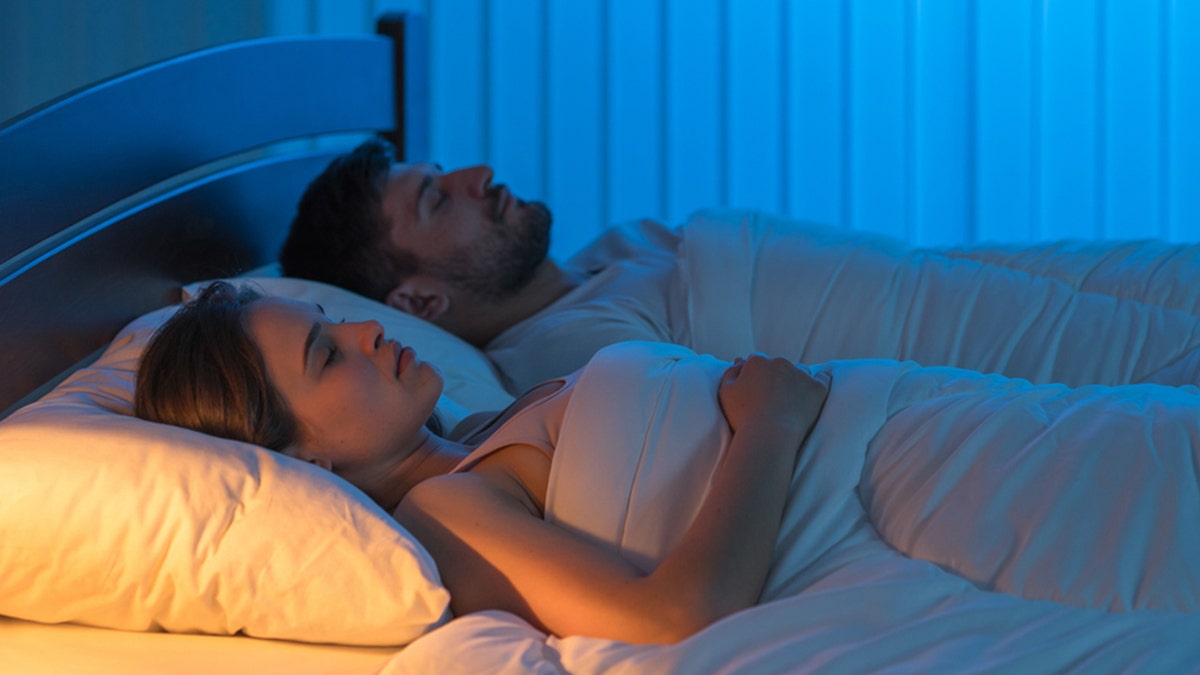
The National Institutes of Health recommends seven to nine hours of sleep every night. (iStock)
Environmental factors like pollution and rising global temperatures can also contribute to “fragmented sleep,” as temperature can manipulate the circadian rhythm, the expert added.
“As part of the circadian rhythm (which regulates sleep-wake cycles among other things), the body’s core temperature naturally decreases at night, signaling that it’s time to sleep,” she said.
“If you wake up and can’t get back to sleep, get out of bed and do something calming but distracting.”
“A cooler environment facilitates this temperature drop, promoting deeper and more restful sleep.”
The recommended temperature for quality sleep is between 65 and 68 degrees Fahrenheit, according to experts.
Troxel recommended using breathable bedding, wearing lightweight sleepwear and using fans or air-conditioning to regulate temperature.
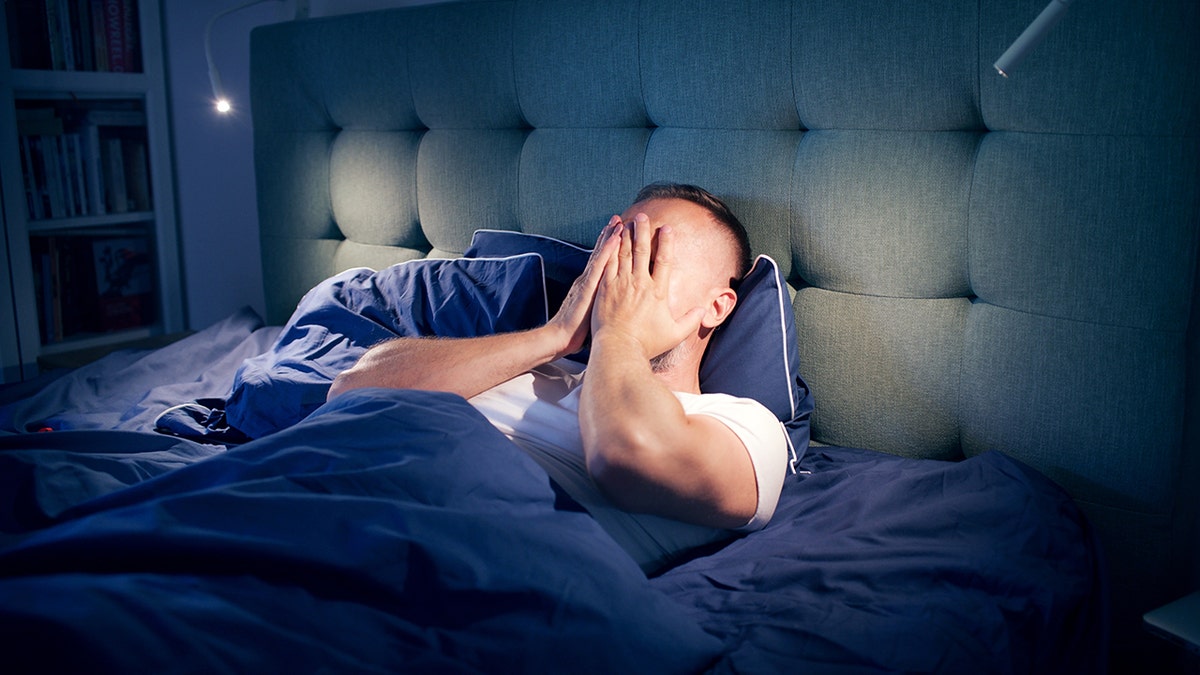
“You want your brain to associate your bed as a sanctuary for sleep, not as a place for frustration and worry,” an expert said. (iStock)
“Investing in temperature-regulating mattresses or mattress pads can also help maintain a comfortable temperature throughout the night,” she advised.
CLICK HERE TO SIGN UP FOR OUR HEALTH NEWSLETTER
Troxel also named menopause as a “significant factor” for sleep disruptions, with about 60% of women experiencing restless nights during this transition.
For more Health articles, visit www.foxnews.com/health
“Hormonal fluctuations throughout the menstrual cycle and during menopause influence thermoregulation and can contribute to sleep disruptions in women,” she said.
To prevent waking up in the middle of the night, Troxel shared that “one of the most effective strategies” is stimulus control.
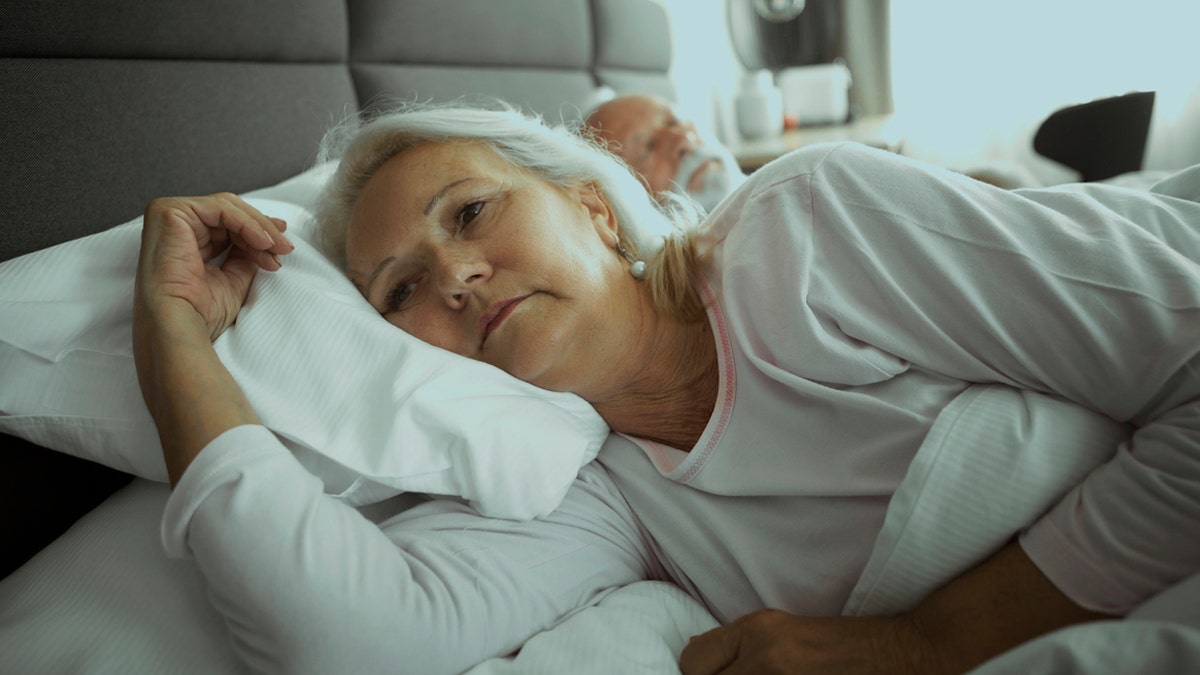
Menopause is a “significant factor” for sleep disruptions, according to experts. (iStock)
“If you wake up and can’t get back to sleep, get out of bed and do something calming but distracting, like reading a book or gently stretching,” she suggested. “This can help break the habit of being awake and frustrated in bed.”
“You want your brain to associate your bed as a sanctuary for sleep, not as a place for frustration and worry.”
CLICK HERE TO GET THE FOX NEWS APP
Troxel also encouraged people to resist the urge to check the clock in the middle of the night.
“Seeing the time at 3 a.m. only exacerbates stress and anxiety,” she said.
